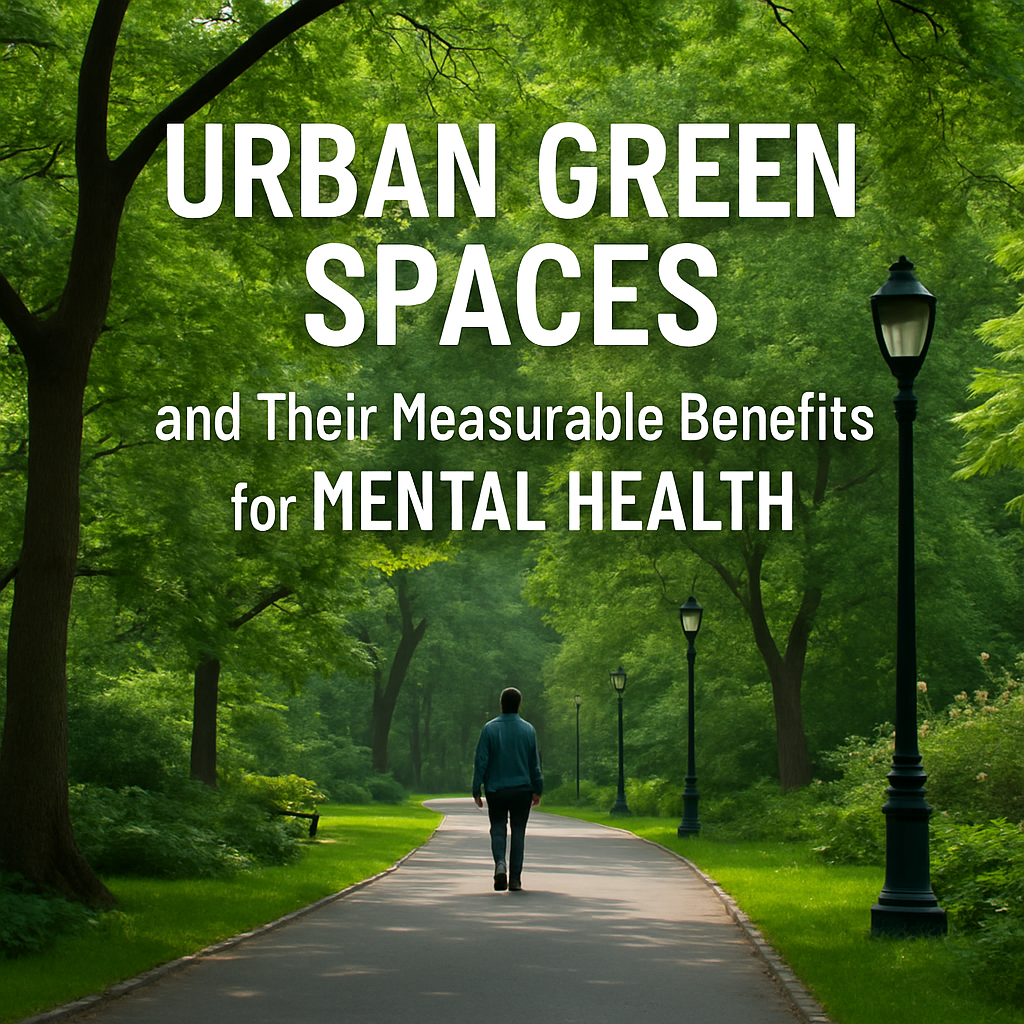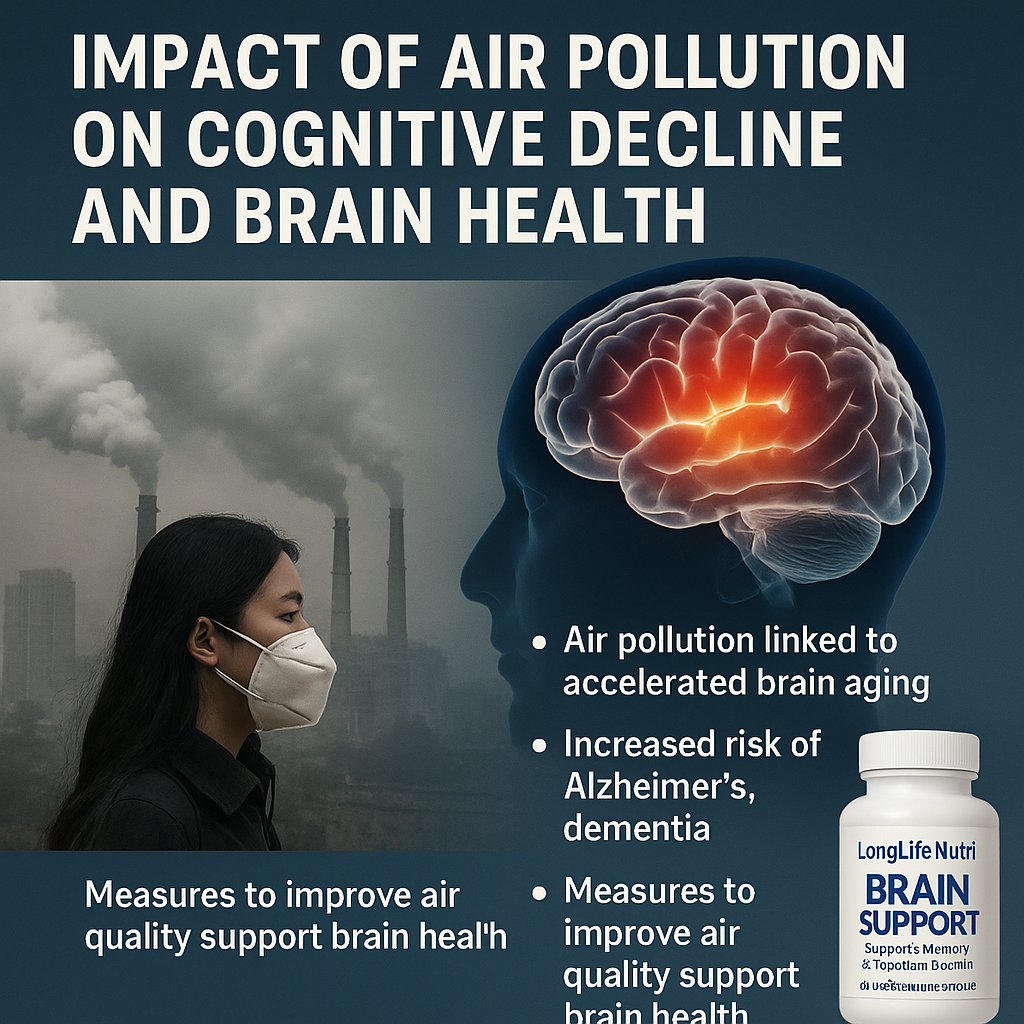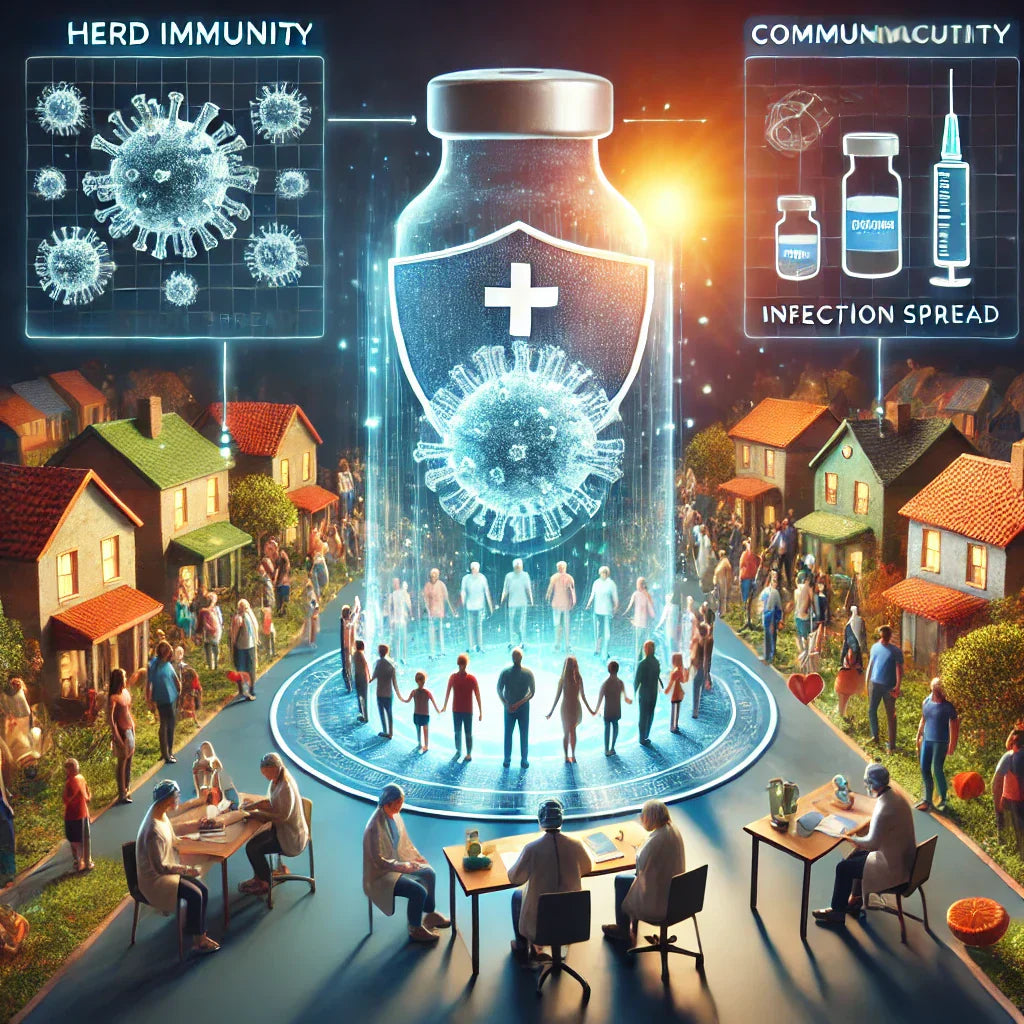News — public health
Urban Green Spaces: How Nature in Cities Boosts Mental Health
city design city parks cognitive restoration cortisol reduction depression relief eco-therapy environmental psychology green cities green infrastructure green space anxiety holistic health mental health mental wellness natural mental health supplements nature and mood nature therapy public health stress reduction urban green spaces urban planning mental health
As concrete jungles expand and digital distractions increase, the need for natural sanctuaries within cities has never been more urgent. Urban green spaces—parks, gardens, tree-lined streets, and even small rooftop oases—are more than just aesthetic features. They’re lifelines for mental health in environments often defined by stress, noise, and overstimulation.
Research from around the world is now confirming what intuition has long suggested: spending time in urban greenery significantly improves psychological well-being. Whether it’s a brisk walk through a city park or a few quiet minutes under a tree canopy, the mental health benefits are not just anecdotal—they’re measurable, profound, and increasingly vital for urban populations.
Air Pollution and Cognitive Decline: Protecting Brain Health from Environmental Damage
air pollution air quality Alzheimer's disease brain health brain supplements children's brain development clean air cognitive decline dementia risk environmental toxins inflammation memory loss mental health neurodegeneration neurotoxicity oxidative stress PM2.5 pollution and IQ public health urban pollution
We often think of air pollution in terms of respiratory issues and environmental damage, but emerging research is painting a much more alarming picture. Our brains—once thought to be insulated from airborne toxins—are now recognized as vulnerable targets of chronic exposure to polluted air. The fine particulate matter that clogs our skies may also be silently eroding cognitive function and accelerating the onset of neurodegenerative diseases.
This growing body of evidence is a wake-up call: the impact of air pollution on brain health is real, measurable, and deeply concerning. From subtle declines in memory to heightened risks for Alzheimer’s and Parkinson’s, long-term exposure to polluted air is now considered a major, modifiable risk factor for cognitive decline. As we examine the science behind this invisible threat, one thing becomes clear—we need to start treating air quality not just as an environmental issue, but as a critical public health priority.
Herd Immunity: How Vaccines Protect the Entire Community
community health COVID-19 disease prevention herd immunity immunity threshold infectious diseases public health vaccination benefits vaccine hesitancy vaccines
Herd immunity is one of the most powerful tools for protecting public health, especially in the fight against infectious diseases. It's a phenomenon where enough people in a community are immune to a disease, either through vaccination or prior infection, that it significantly reduces its spread. But what makes herd immunity so vital, and how do vaccines play a pivotal role in achieving it? This article dives into the intricacies of herd immunity, explaining how vaccines not only safeguard individuals but also serve as a shield for the entire community, including those who cannot be vaccinated.
Vaccination campaigns have saved countless lives by preventing the spread of diseases such as measles, polio, and influenza. Yet, achieving and maintaining herd immunity requires collective effort and understanding. By exploring the science, benefits, and challenges associated with herd immunity, you'll see how this public health strategy protects society at large.
Separating Fact from Fiction: Addressing Vaccine Hesitancy
addressing hesitancy combating anti-vaccine claims community immunity immunization awareness pro-vaccine strategies public health science-based vaccine facts vaccination benefits vaccine advocacy vaccine communication vaccine confidence vaccine education vaccine hesitancy vaccine misinformation vaccine myths vaccine safety
Vaccine hesitancy has become a growing concern, fueled by misinformation and a lack of trust in public health institutions. Despite the proven safety and efficacy of vaccines, skepticism continues to impact immunization rates, threatening global health progress.
This article explores the roots of vaccine hesitancy, debunks common myths, and provides evidence-based solutions to foster vaccine confidence. By separating fact from fiction, we can build a more informed and healthier society.
Addressing Health Disparities in Minority Populations: A Call to Action
community health cultural competence health disparities health equity healthcare access minority populations public health racial health gap social determinants of health
Health disparities among minority populations remain a pressing issue, reflecting inequities deeply rooted in societal structures. These disparities manifest in higher rates of chronic diseases, limited access to quality healthcare, and worse health outcomes compared to the majority population.
Addressing these inequities requires a collective effort to understand the factors contributing to the disparities, implement equitable healthcare policies, and foster cultural competence within the healthcare system. This article examines the challenges, causes, and actionable solutions for bridging the gap in minority health.





